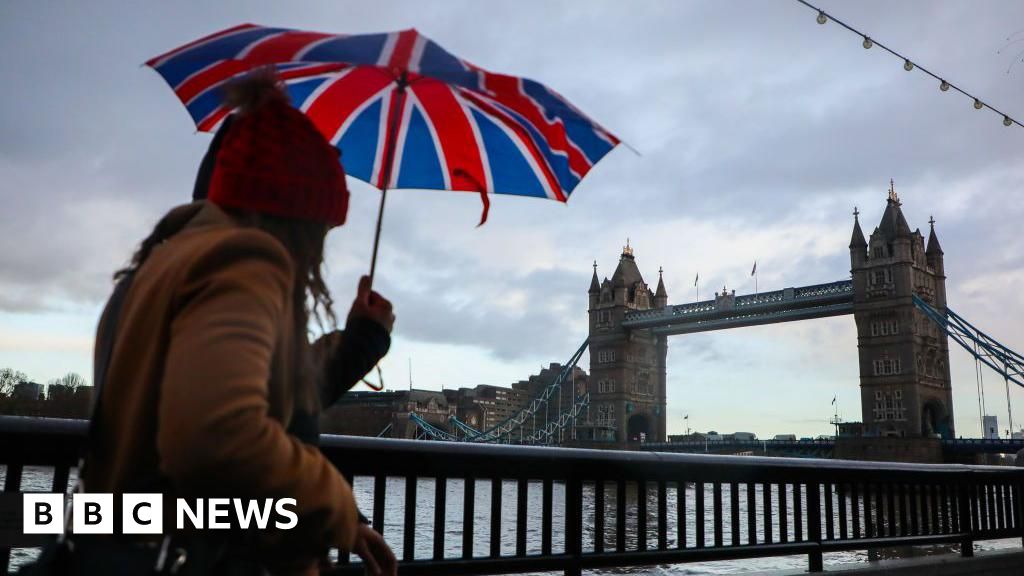Image source, Getty Images
- author, Darshini David
- role, Chief Economic Correspondent, BBC News
A leading think tank has issued a stark warning about the financial challenges awaiting the next administration.
The Institute for Fiscal Studies (IFS) said the finances hang “like a dark cloud” over the campaign.
They warn that further tax increases and cuts to public services may be coming.
It called for an “open and lively” discussion among all stakeholders on how to address these issues.
Both Labour and the Conservatives have pledged to reduce debt as a proportion of national income, and all the major parties are likely to institute similar voluntary caps to keep the government's borrowing costs from financial markets down.
But the independent IFS argues that high interest payments on existing debt and poor economic growth prospects could make future debt reduction more difficult to achieve than any parliament since at least the 1950s, regardless of who is in power, unless more is done.
The current finance minister has already envisaged cutting funding for some public services, such as the judiciary and higher education, by more than 10% over the next few years in order to comply with existing rules, taking into account population growth and inflation.
Also, taxes as a share of national income is set to rise from 36.5% in the current tax year to 37.1% in 2028-29, particularly as the thresholds at which different tax rates apply on income will be frozen rather than rising with inflation as in the past.
As a result, the IFS says, unless growth improves dramatically, the next government could face three broad choices: further cuts in service spending, further tax hikes or increased annual borrowing which risks preventing the decline in total debt.
“Tough choices lie ahead.”
“Money is tight and there may be some miracle growth that prevents us from having to make these tough choices – but that may not happen,” IFS director Paul Johnson said.
“Just because thousands of football fans in England and Scotland are hoping and praying for the best this summer does not mean the next Cabinet should do the same.”
He added that the next administration should not wait until it takes office to “open the books,” as the books are public and available for anyone to see.
“These should be used as a basis for open and lively discussion during the election campaign,” he added.
The IFS's warning echoes one issued after the budget in March, when it spoke of a “conspiracy of silence” and warned that the major parties were not acknowledging the potential challenges or making clear how they would tackle them.
In the coming weeks, all parties will be announcing policies they say will benefit voters.
But with most economists reaching the same conclusion as the IFS, these pledges will come against a backdrop of tough fiscal times, which could mean tough choices that could ultimately affect the fate of voters.
Responding to the IFS findings, Darren Jones, shadow chief secretary to the Treasury, said Labour was under no illusions about the scale of the challenge it might face.
“Only once we win the election will the country see the full extent of the challenge. We have committed to immediate funding for public services and then we will get to work to rebuild the country,” he said.
The BBC has also contacted the Conservative Party for comment.


